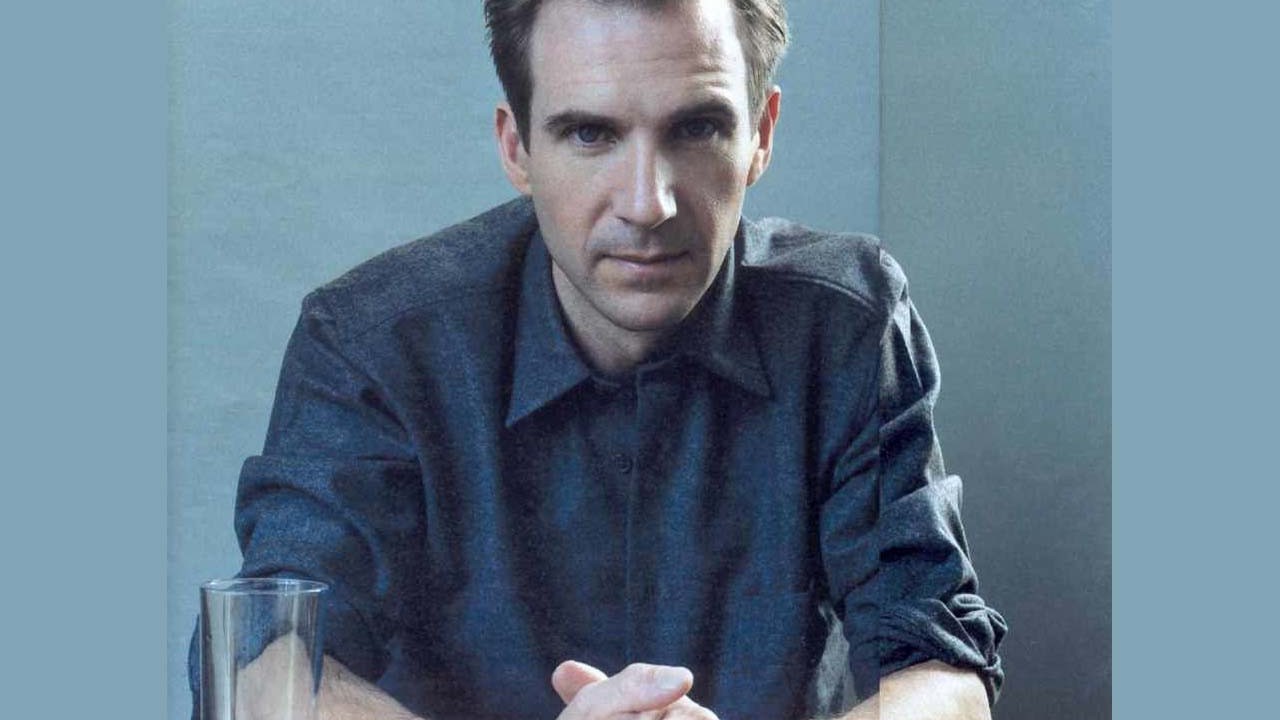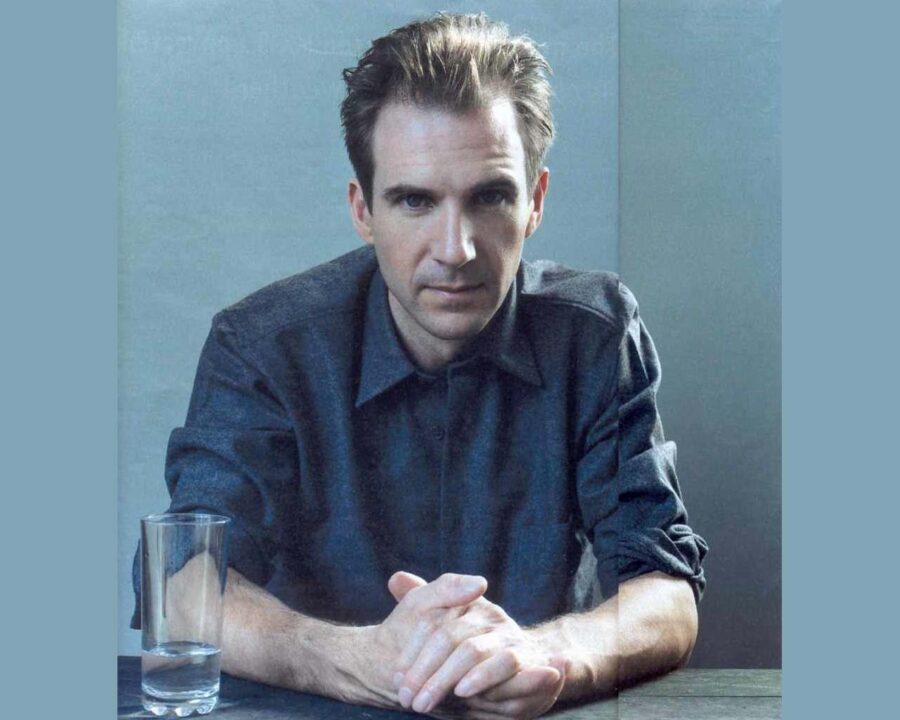[soundcloud url=”https://api.soundcloud.com/tracks/125058705″ params=”color=ff5500&auto_play=false&hide_related=false&show_artwork=true&show_comments=true&show_user=true&show_reposts=false” width=”100%” height=”100″ iframe=”true” /]
He may be known as “Lord Voldemort” to the younger generation, but Ralph Fiennes is so much more than just playing the bad guy. Growing up he studied Shakespeare and performed in the Royal National Theater and has since developed into quite the chameleon actor. In The Invisible Woman, Ralph finds himself playing the role of Charles Dickens as well as directing the project. No doubt, he was a busy man on set. I sit down with Ralph, looking sharp in a crisp button down shirt, and talk about making the project and his feelings towards the late Charles Dickens. We begin:
DID YOU CHOOSE TO STAR IN WHAT YOU’RE DIRECTING BECAUSE THAT WAY YOU DON’T HAVE TO ARGUE WITH THE DIRECTOR, OR IS THAT HOW YOU GOT THE FILM MADE?
No, I was reluctant, not because it was a bad part but it’s hard. How do you do justice to your own performance while making sure everyone else is taken care of, I was really under pressure… [The BBC said] if you want to play Dickens we would be happy and I said, ‘no, I don’t think I could’ but then I was saying to myself, ‘oh it’s a great part.
[Laughter]
I did approach another actor, but I got the sense that they didn’t like the fact that Dickens might be unlikeable, which is actually what I like about him… If I do direct again, which I’d like to, I won’t act in it- just direct.
BEING THE ACTOR AND DIRECTOR, WHAT WAS THE MOST STRESSFUL PART OF THE ENTIRE FILM?
The most stressful part has got to be the shooting; I probably shoot quite a lot of takes and this is a performance driven film. Great actors are in this film and they come prepared but I know from myself that you come ready, but you want to find this place where the bit of you that’s not prepared bursts out and there’s little moments of this weird thing called ‘The Truthful Thing’ where suddenly the actor/actress finds another level, and that takes time. And when you use up time, suddenly at the end of the day you’re going ‘oh, fuck, I’ve only got half an hour to shoot these three close-ups.’ That becomes stressful, but also kind of addictive.
SO HOW WAS “ACTOR” RALPH FIENNES AT TAKING DIRECTION FROM “DIRECTOR” RALPH FIENNES?
I tend to be quite fussy and a perfectionist about it. It’s never right, it can always be better. I really depended on my script supervisors [to speed me along].
ONE OF THE GREAT ASPECTS OF THIS FILM IS ROB HARDY’S CINEMATOGRAPHY; HOW DID YOU AND ROB GO ABOUT DEVELOPING YOUR VISUAL TONE THAT REALLY CREATES ITS OWN STORY?
My starting point was that this was a story of intimacy; I was seeing a lot of scenes of people in rooms, relatively static. It seems to me that what goes on in the face of Felicity, essentially, but also Dickens, is that the subtext is really important… There’s an observational quality about the camera that allows itself to watch, and to me that made me think about how you frame so that the frame itself is rich; it has a compositional consideration to it.
WHAT IMPRESSED YOU THE MOST ABOUT CHARLES DICKENS’ LIFE?
What impresses me is his furious work ethic and energy. He was a man of crazy energy. He would walk these crazy distances, and then he would write, and not only would he write the installments for his book but he would then write in his journal. I’ve discovered him quite late; I didn’t know much Charles Dickens. I had somehow sort of blanked him as being an area I wasn’t going to be interested.
Morgan Rojas
Certified fresh. For disclosure purposes, Morgan currently runs PR at PRETTYBIRD and Ventureland.



